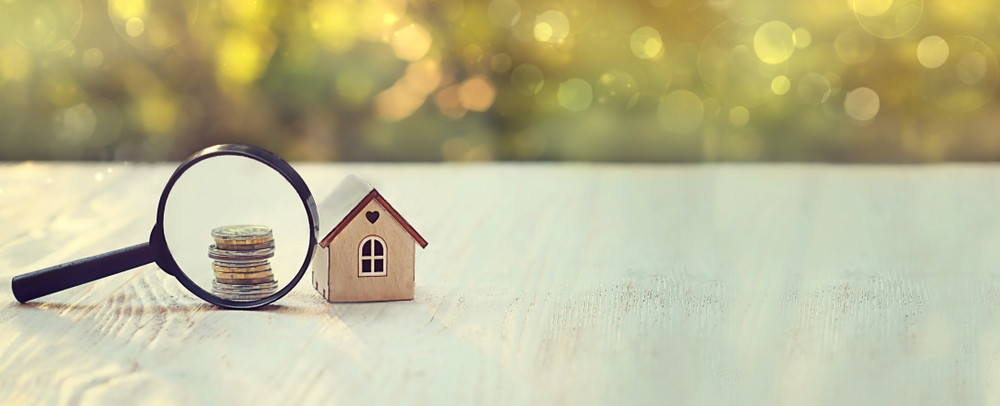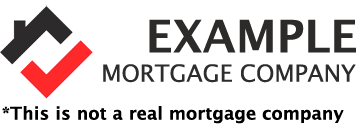
Primary Residence
A primary residence is a home where you plan to live for most, if not all of the year. This can be a condo, single-family residence, or even a houseboat. It just has to be the place you primarily live. And you can only designate one place as your primary home when it comes to loans. Mortgages on primary residences typically have the best terms and rates. That’s because lenders believe you have the greatest interest in making your payments, so you don’t become homeless. Most lenders will require you to start occupying the home within 60 days after purchase. And if you plan to start renting out your home within six months, it must instead be classified as an investment property.
There are tax benefits involved as well if you itemize your deductions. As of 2018, all the mortgage interest can be deducted on loans up to $750,000. If you bought a house after 2006, you can also claim your mortgage insurance payments on your taxes.
Second Home
Second homes are generally vacation homes, although some people do buy them if work is far from home part of the year or to let their children live in during college. Typically, to be considered a second home, it must be at least 50 miles away from your primary residence. You may rent out your second home for up to 180 days a year without it being considered an investment property.The mortgage rates on second homes will usually be higher than on a first home. This takes into account the higher risk lenders face because you are making payments on two homes now. In some cases, you may need to provide a larger down payment or have a lower loan-to-value ratio.
Investment Property
This is a home, condo, or apartment complex that you plan to use to generate income, either by renting it out full time or by “flipping” it – fixing it up and selling it quickly. You can also live in an investment property as your primary residence, but if it includes units you plan to rent out it is still considered an investment home. Because these deals also come with higher risk, mortgage rates will be higher than on primary residences. Higher down payments and lower LTV requirements are also usually part of the loan.When it comes to taxes, all of your income generated from the property must be reported on your returns.
And all three property types can face capital gains penalties if they are sold within a short period of time without another property being bought right away. Be sure to check with us to know how long you need to hold a property to avoid fees.
